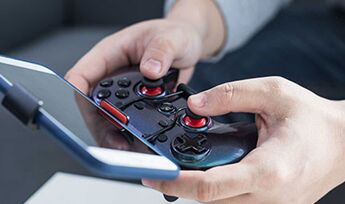游戏成瘾列入精神疾病,来看看你符合这些症状吗
|
First listed in ICD-11's draft last December, gaming disorder is defined by WHO as "a pattern of persistent or recurrent gaming behavior ('digital gaming' or 'video-gaming'), which may be online (i.e., over the Internet) or offline." The designation by WHO could prompt insurance companies to cover gaming-related mental issues, which may encourage gamers to seek for help from therapists. Gaming is very popular in China. More than 583 million Chinese participate in some kind of video gaming, with 57 percent of the market occupied by mobile games.
"I can finally become a psycho," gamer Skyray joked on China's social media platform Weibo. "So we are all mental now. We should treat each other good in the psychiatric hospital," another gamer replied. "Can I call in for leave since I'm a mental disordered person?" read a reply under CCTV's report on Weibo. "Now those esports pros should really feel pressure, because the winners are sportsmen, and losers psychopaths," Weibo user "oran_cc" said. Gaming activity is not equal to gaming disorder, WHO says on its feature webpage for the disease. The disorder affects "only a small proportion of people who engage in digital- or video-gaming activities," the feature page says. WHO says a person has to be showing very specific symptoms for as long as a year to be diagnosed with this disorder. The symptoms include uncontrollable gaming activities, putting gaming in front of anything else in life and continuing gaming activities even if there are serious consequences. |









